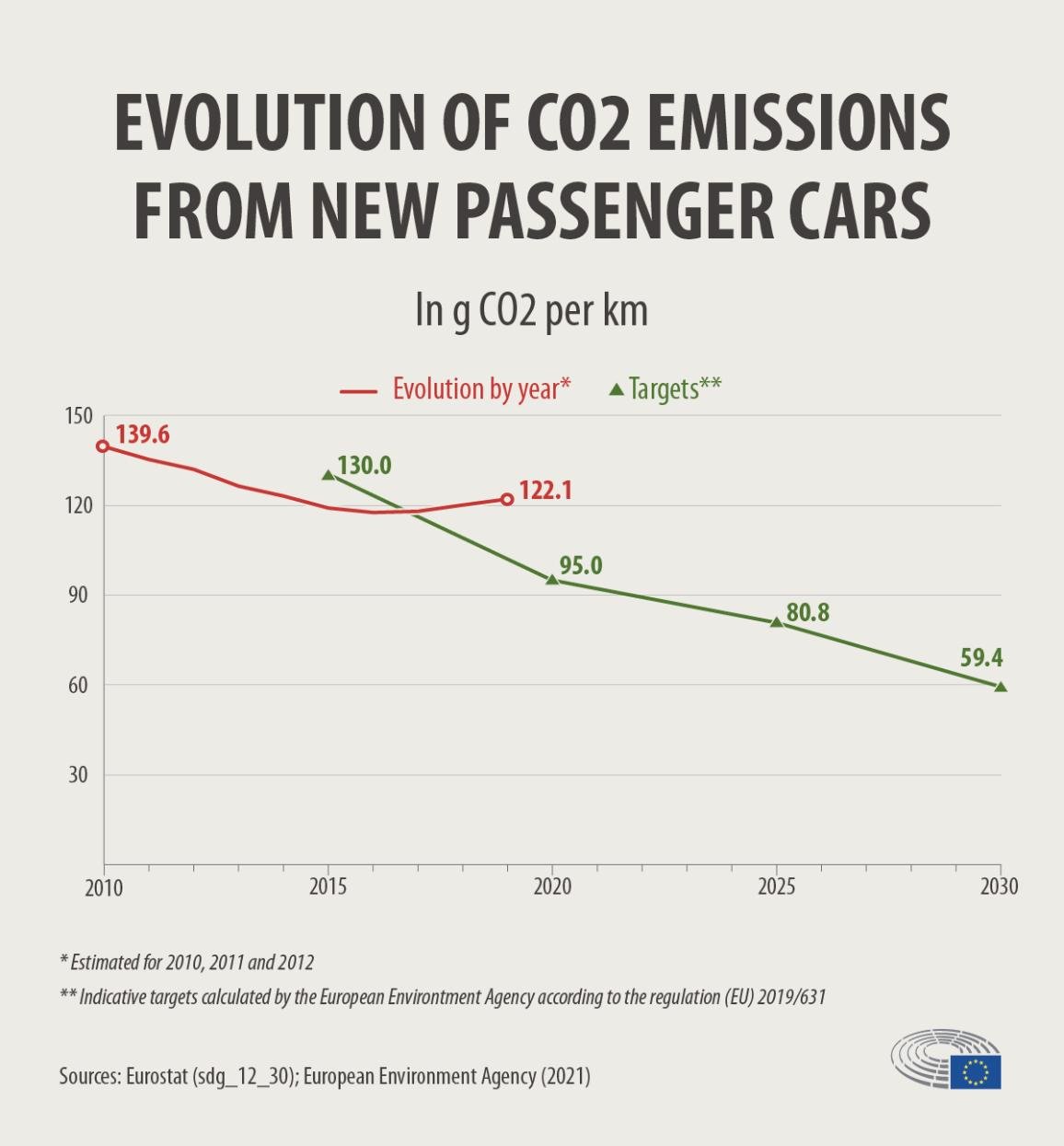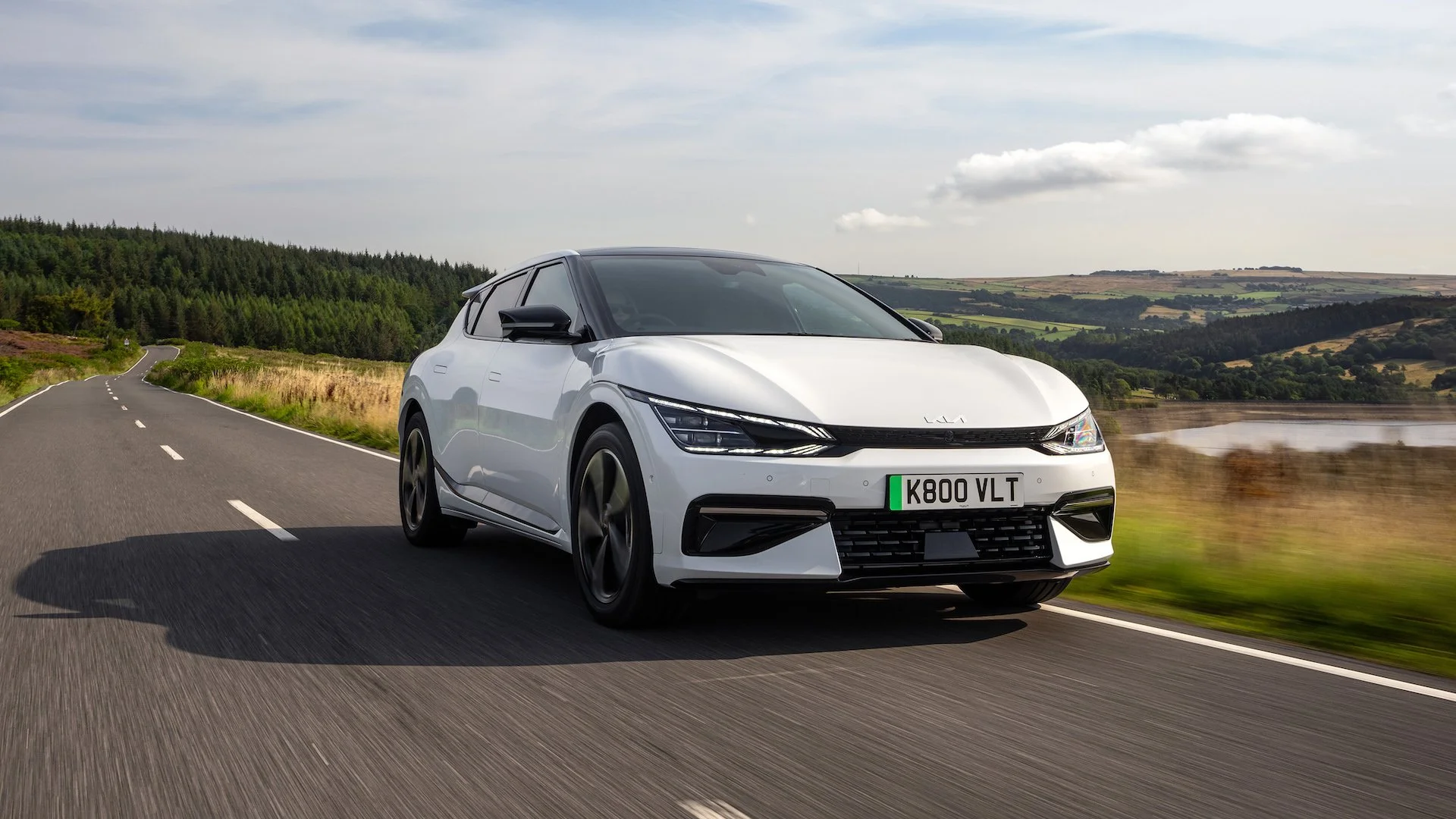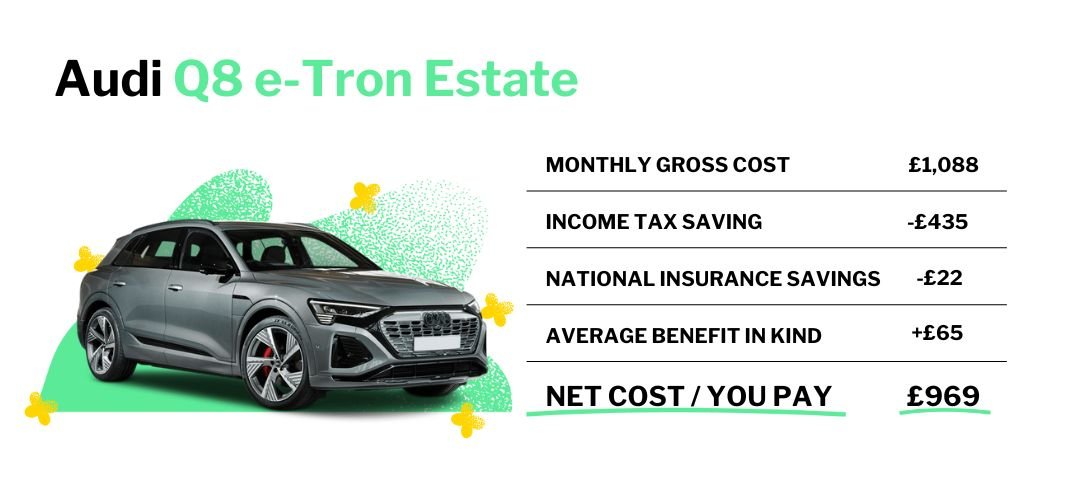What are the benefits of an electric car?
Key insights:
Electric vehicles are rapidly growing in popularity in the UK, with approximately 900,000 fully electric cars on roads by September 2023 (17% of all new car registrations), supported by expanding infrastructure that now includes over 10,000 rapid/ultra-rapid charging points.
EVs offer significant environmental benefits, saving an average of 1.5 million grams of CO2 annually per vehicle compared to petrol cars, while also providing financial advantages through lower running costs (approximately £17 for 200 miles range vs. higher petrol costs), road tax exemptions (until April 2025), and clean air zone charge exemptions.
Electric cars deliver an enhanced driving experience with instant acceleration, regenerative braking, greater energy efficiency (59-62% energy converted to movement vs. 17-21% for petrol vehicles), and can be significantly more affordable through salary sacrifice schemes that offer 20-50% savings on any electric vehicle.
Electric vehicles are becoming increasingly popular with more drivers switching from petrol and diesel cars to a greener alternative.
This image is sourced from Motor1.com
For example at the end of September this year, there were approximately 900,000 fully electric cars on UK roads. In the same month, 17% of all new car registrations were electric vehicles.
The infrastructure for EVs in the UK has improved rapidly which is a positive step in the right direction. On December 7th 2023, ZapMap confirmed that the UK has passed the milestone of 10,000 rapid and ultra-rapid EV charging points - following the milestone of 50,000 electric charge points in October.
There are still many EV sceptics, so we wanted to explore the benefits of electric cars and why we should be more excited to make the switch from electric to petrol.
Let’s explore the benefits of electric cars.
Saving the environment
The most obvious and most important.
Everyone knows electric cars are better for the environment than their petrol or diesel counterparts. Electric cars emit significantly fewer greenhouse gases and air pollutants throughout production and their lifespan compared to petrol cars. According to EDF Energy, one electric car can save an average of 1.5 million grams of CO2 in one year.
One argument to counter electric vehicle uptake is that “making an EV creates more emissions than a petrol car” which is true. However, over one-third of the total CO2 emissions produced by an electric car throughout it’s lifetime come from producing the car.
The graph on the left predicts how CO2 emissions are expected to drop as more people adopt electric cars. As you can see, it drops from 122 in 2020 to 59 in 2030.
This data comes from European Parliament News and was last updated in February 2023.
This image is sourced from The European Parliament
Running an EV is more affordable compared to petrol
Charging an electric car at home is the cheapest option for EV owners, especially with a tariff that allows you to charge for less overnight. Using public rapid charge points will be more expensive than charging at home but is still cheaper than fuelling a petrol or diesel car. The average domestic electricity rate in the UK is approximately 32p per kWh.
Fully charging a 60kWh electric car will cost around £17 and will give you £200 miles of range.
Rising fuel prices have been a concern for drivers in the UK since 2021, causing 69% of drivers to shop around for the cheapest per/litre cost. We explored rising fuel prices in a recent blog - you can learn more there. Supermarket petrol prices in the UK currently sit at 152.95p and motorway prices are 179.00p.
No road tax with an EV
How much road tax you pay depends on the amount of carbon dioxide emissions the car produces. As electric vehicles do not emit carbon dioxide emissions they are exempt from paying any road tax.
However, these exemptions will end in April 2025 when road tax will be introduced to all electric vehicles. New zero-emission cars registered on or after April 2025 will be liable to pay the lowest first-year rate of road tax (£10 a year). From the second year of registration onwards, they will move to a standard rate of £180 per year. Zero-emission cars first registered between 1 April 2017 and 31 March 2025 will also pay the standard rate
This image is sourced from CarWow
Exempt from clean air zone charges
Another advantage of driving a fully electric car is that they are exempt from clean air zone charges.
These clean air zones are in place to reduce air pollution within its boundaries. As the charges are based on the level of emissions the vehicle produces, electric vehicles are free to drive through or within these boundaries without being subject to charges.
The Ultra Low Emission Zone (otherwise known as ULEZ) expanded earlier this year in London which sparked a lot of discussions around tolls and fees. We expect to see more ‘clean air zones’ in the UK in the near future, so stay tuned!
You can read more about ULEZ in Our Guide to the Ultra Low Emission Zone.
EVs offer a better driving experience
Most electric cars have a luxurious interior and a low centre of gravity so you can drive safely and comfortably. Electric vehicles also have instant acceleration and regenerative braking when pressure comes off the accelerator pedal. Not to mention, all EV batteries convert 59-62% of energy into vehicle movement, while petrol-run vehicles only convert 17-21%, making them more efficient.
Electric cars are innovative, meaning they are known to have the best tech and features on board to make your journey as enjoyable as possible.
This image is sourced from Not A Tesla App
One cool example of a fun feature is Tesla’s Caraoke, which allows you to “sing your heart out” to the best karaoke songs (see above).
How much do you actually save by making the switch to electric?
Comparing a Diesel Audi Q8 to the Electric Audi Q8 e-tron Estate, we can see the difference in day-to-day price when considering Road Tax and ULEZ charges - not to mention the cost of petrol on top of this!
| Vehicle | Diesel Audi Q8 | Electric Audi Q8 e-tron Estate |
|---|---|---|
| Road tax | £570 | £0 |
| ULEZ Charges | £450 | £0 |
| Deposit | 6 months | No deposit |
| Lease cost | £803 per month | £696 per month |
Note: Pricing shown is based on data collected from The Electric Car Scheme quote tool. All final pricing is inclusive of VAT. All prices above are based on the following lease terms; 10,000 miles pa, 36 months, 40% tax rate payer and are inclusive of Maintenance and Breakdown Cover. The ULEZ figure is based on entering a £12.50 ULEZ zone once a month.
Did you know you could save 20-50% on any electric car with salary sacrifice?
An electric car salary sacrifice scheme is beneficial for both the employer and the employee. The employer can offer an employee benefit that will attract and retain employees by providing a more affordable way to get an electric car at no cost to the company. The employee can save on an electric car.
How does it work?
The employer will lease the car through the EV salary sacrifice scheme, and in return, the employee will ‘sacrifice’ a portion of their gross salary (before tax) to cover the cost.
A salary sacrifice car is considered a ‘company car’ and is subject to a benefit in kind (BIK) tax applied by the HMRC. This BIK tax is currently set at 2% until 2025 after that it will increase every year by 1% until 2028 when it will be reviewed.
How much can salary sacrifice save you on an Electric Audi Q8?
Note: Pricing shown is based on data collected from The Electric Car Scheme quote tool. All final pricing is inclusive of VAT. All prices above are based on the following lease terms; 10,000 miles pa, 36 months, 40% tax rate payer and are inclusive of Maintenance and Breakdown Cover.
To see how much you could save on an electric car, check out our salary sacrifice car calculator or visit our website to learn more.
Last updated: 07/12/23
Images on this site are sourced from third party websites as listed below each image and are the property of their respective owners. If you believe any content infringes your copyright, please contact us at marketing@electriccarscheme.com.





